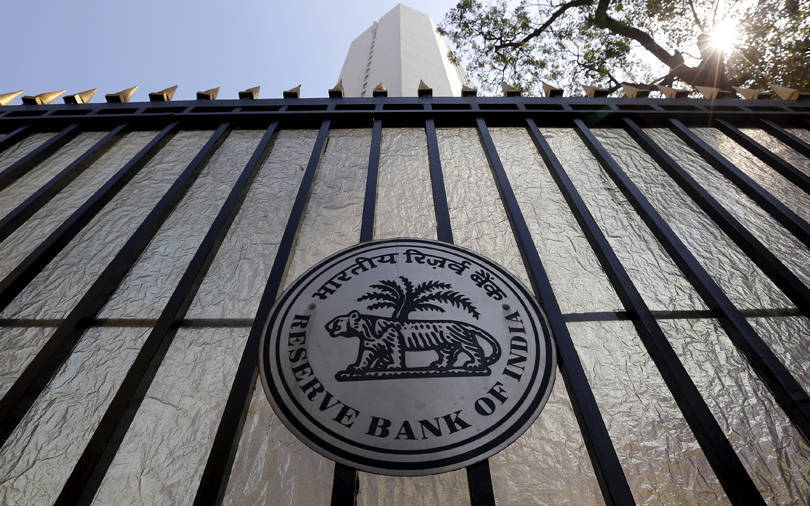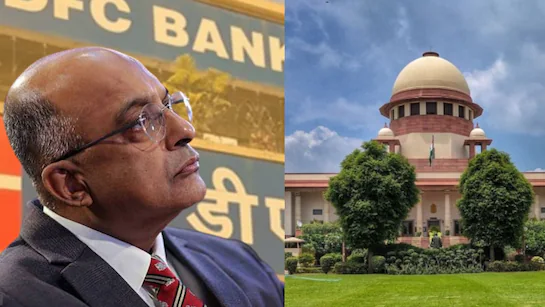Global Expansion Strategies for FinTechs in Emerging Markets: A Playbook for Leaders
2nd August 2025
 The Impact of 5G on Fintech Services
The Impact of 5G on Fintech Services
 Top Fintech Innovations Shaping 2025: The Future of Finance
Top Fintech Innovations Shaping 2025: The Future of Finance
 Flipkart Gets a Lending Licence: A Bold Leap into Embedded Finance
Flipkart Gets a Lending Licence: A Bold Leap into Embedded Finance
 The Role of Cryptocurrencies in Cross-Border Payments
The Role of Cryptocurrencies in Cross-Border Payments
 Biometric Payments: The Next Big Trend in Secure Transactions
Biometric Payments: The Next Big Trend in Secure Transactions
 How AI is Transforming the Credit Scoring System
How AI is Transforming the Credit Scoring System
 QR Codes and the Cashless Leap: Transforming India's Financial DNA
QR Codes and the Cashless Leap: Transforming India's Financial DNA
 The Evolution of Fintech Regulation: What’s Next?
The Evolution of Fintech Regulation: What’s Next?
 How Open Banking is Shaping Financial Services Globally
How Open Banking is Shaping Financial Services Globally
.jpg) The Future of Payments: Trends Reshaping Transactions in 2025
The Future of Payments: Trends Reshaping Transactions in 2025
 The Rise of Contactless Payments: Benefits and Security Concerns
The Rise of Contactless Payments: Benefits and Security Concerns
 What the Future Holds for Digital-Only Banks: Navigating the Next Era of Banking
What the Future Holds for Digital-Only Banks: Navigating the Next Era of Banking


26 July 2025
2 min read
37
In a bid to enhance recovery of overseas dues, several Indian banks have formally sought approval from the Reserve Bank of India (RBI) to engage in third-party litigation funding (TPLF). The proposed mechanism would allow banks to collaborate with external funders who finance legal action abroad in exchange for a share of any financial recovery.
Currently, Indian banking regulations do not explicitly permit litigation funding arrangements. However, sources familiar with the matter suggest that such funding could be introduced under the existing regulatory framework without legislative amendments, provided the RBI grants approval.
Bank executives argue that TPLF offers a more cost-effective alternative to selling distressed assets to asset reconstruction companies at steep discounts. Particularly in complex cross-border cases, external legal funders can help absorb the financial risk and navigate legal hurdles more efficiently.
The RBI is now examining whether such transactions would be classified as capital account or current account under the Foreign Exchange Management Act (FEMA), and how recovered funds would be repatriated to India. Clarity on these regulatory aspects is expected to shape the central bank’s decision in the coming weeks.
If approved, this move could mark a significant step toward modernising India’s asset recovery strategies and aligning with global practices in legal financing.
Read Next
 News
News
 Blog
Blog
 News
News
 Article
Article
 News
News
Live Polls
Live Discussion
Topic Suggestion
Whom Do You Wish To Hear
Sector Updates
Leave your opinion / comment here